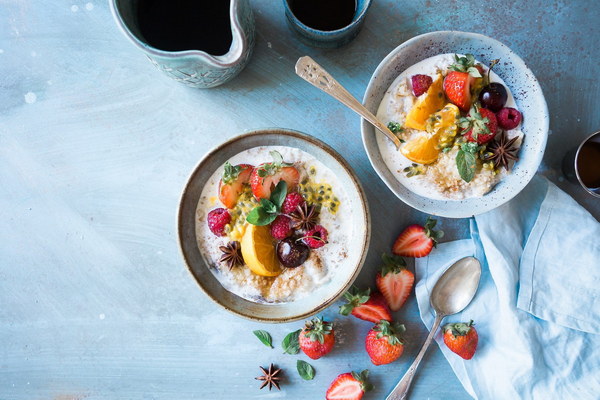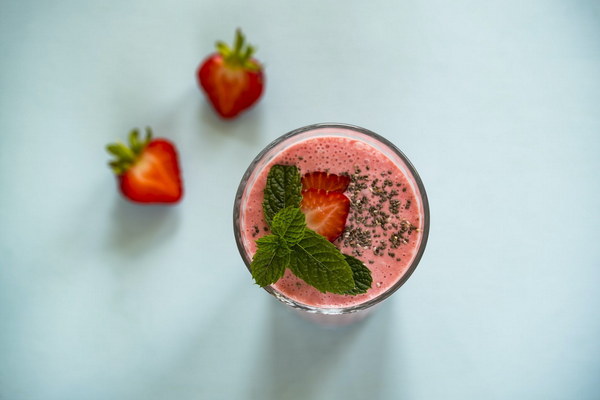The Great Debate Is Bird's Nest or Dietary Supplementation More Important for Health
In the realm of traditional remedies and modern health practices, the question of whether bird's nest or dietary supplementation is more beneficial for one's health has sparked a heated debate. Bird's nest, a prized ingredient in Asian cuisine and traditional medicine, is believed to possess numerous health benefits. On the other hand, dietary supplementation has gained immense popularity as a means to address nutrient deficiencies and improve overall well-being. This article aims to weigh the importance of bird's nest and dietary supplementation, providing insights into the advantages and disadvantages of each.
Bird's nest, primarily sourced from the nests of swiftlets, has been a delicacy in Asian cultures for centuries. It is believed to enhance immune function, improve respiratory health, and aid in digestion. The high protein content and unique amino acids found in bird's nest make it a sought-after ingredient in traditional Chinese medicine. Furthermore, it is claimed that bird's nest can improve skin elasticity and promote longevity.
Proponents of bird's nest argue that its health benefits are unparalleled, and that it is a natural and effective remedy for various ailments. They emphasize the importance of consuming bird's nest in its pure form, without any added preservatives or artificial ingredients. However, critics point out that the evidence supporting the efficacy of bird's nest is limited, and that its health benefits may be overhyped.
On the other hand, dietary supplementation has become a popular choice for individuals seeking to improve their health and address nutritional deficiencies. With a wide range of vitamins, minerals, and other essential nutrients available in supplement form, it is believed that supplementation can help fill the gaps in one's diet. Proponents of dietary supplementation argue that it can provide targeted support for specific health concerns, and that it is a convenient and effective way to ensure adequate nutrient intake.

While dietary supplementation offers numerous advantages, it is crucial to recognize that it is not a substitute for a balanced diet. Over-reliance on supplements can lead to an imbalance in nutrient intake, and some supplements may have adverse effects when consumed in excess. Additionally, the quality and purity of dietary supplements can vary significantly, making it essential to choose reputable brands and consult healthcare professionals before starting any supplementation regimen.
When comparing bird's nest and dietary supplementation, it is important to consider individual health needs and preferences. Bird's nest may offer unique health benefits that are not easily replicated by dietary supplements. However, the evidence supporting its efficacy is limited, and it is essential to consume it in moderation and ensure its purity. On the other hand, dietary supplementation provides a convenient and accessible means to address nutrient deficiencies and support overall health, but it should not replace a balanced diet.
In conclusion, the debate between bird's nest and dietary supplementation is a complex one, with each option offering its own set of advantages and disadvantages. It is essential for individuals to make informed decisions based on their specific health needs and preferences. While bird's nest may offer unique health benefits, dietary supplementation can provide a more consistent and reliable means to support overall health. Ultimately, the key to good health lies in a balanced approach that combines a nutritious diet, regular exercise, and appropriate supplementation when necessary.









